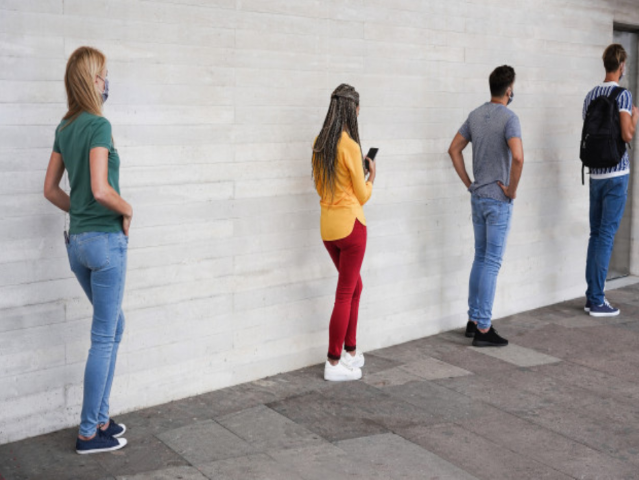Policy Responses and People’s Perceptions During the COVID-19 Pandemic
At the onset of the pandemic, European countries undertook a range of countermeasures to contain and mitigate the impact of the COVID-19 outbreak, including international and domestic mobility restrictions, school closures, bans of public gatherings, and lockdowns. Some countries considered an implementation of more controversial interventions, such as banning medical exports or usage of mobile phone data for tracking purposes. All of this raised a lot of debate in every society about the appropriateness of the government response to the pandemic. Hence, this study aimed at investigating the public sentiment towards the containment measures undertaken in Europe at the onset of the COVID-19 outbreak to learn about people’s support for containment policies, their worries in relation to the unfolding epidemic, and their trust in different sources of information. The data collection for this study was performed at the peak of the COVID-19 pandemic in Europe. Thus, this research constituted a fast reporting of a comparative policy perspective based on representative samples in a multi-country survey. It contributed to the state of knowledge about differences in people’s beliefs and attitudes across and within European states. The key contribution of the study was drawing lessons from the containment stage to facilitate the development of the lockdown exit strategies and design of possible future policy interventions. We surveyed over 7000 people representative of the population in seven European countries: Denmark, France, Germany, Italy, Portugal, the Netherlands, and the UK. The fieldwork was conducted at the height of the pandemic during April 2-15, 2020, using multi-sourced online panels provided by the market research company Dynata. The questionnaire was designed by the authors of the study except for the worry items that were adopted from the WHO COSMO project. In each country, we collected data from a sample of 1000 respondents representative of the national population in terms of region, age, gender, and education. Given that the Italian region Lombardy was the most severely hit by the COVID-19 outbreak, we collected 500 additional responses in this region representative in terms of age and gender. On the European scale, citizens in all countries highly approved of measures taken by their government. Nevertheless, the extent of approval differed across individual countries and specific measures. We often noticed a north-south gradient in the EU: people living in the southern states (Portugal, Italy, and France) tended to support the containment policies more than residents in the northern countries (Denmark, Germany and the Netherlands). We observed also differences within separate countries: across regions and age categories. For example, older individuals tended to be more supportive of containment measures than younger people. This may have been partly driven by the differences in risk perceptions regarding the health consequences of COVID-19 across age groups and by the degree of involvement in economic activity. The results showed that people worried most of all about the health system getting overloaded so that the capacities could become insufficient to cope with the surge in COVID-19 cases. We observed that even in case of households that had not been directly hit by the novel coronavirus, the pandemic might have acted as a stressor causing health and economic anxieties. Interestingly, people in southern states were concerned with the economic consequences of the pandemic significantly more than people in other European countries. Overall, people expressed the highest levels of trust in information from hospitals, family doctors, and the WHO, followed by information from the national government and main national news channels. This ranking of sources was similar in all countries covered by the survey, except for France, where citizens had a high level of confidence only in healthcare providers.



